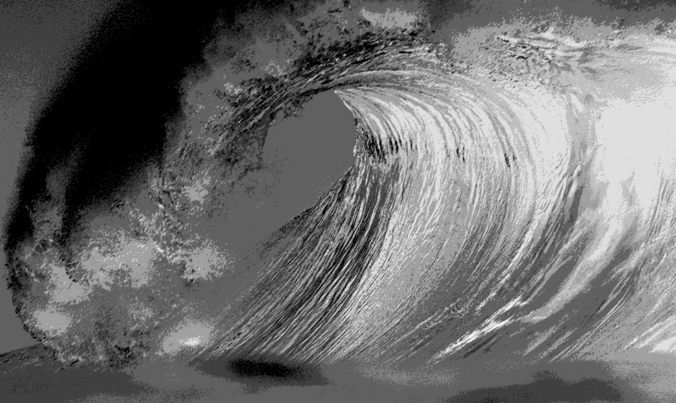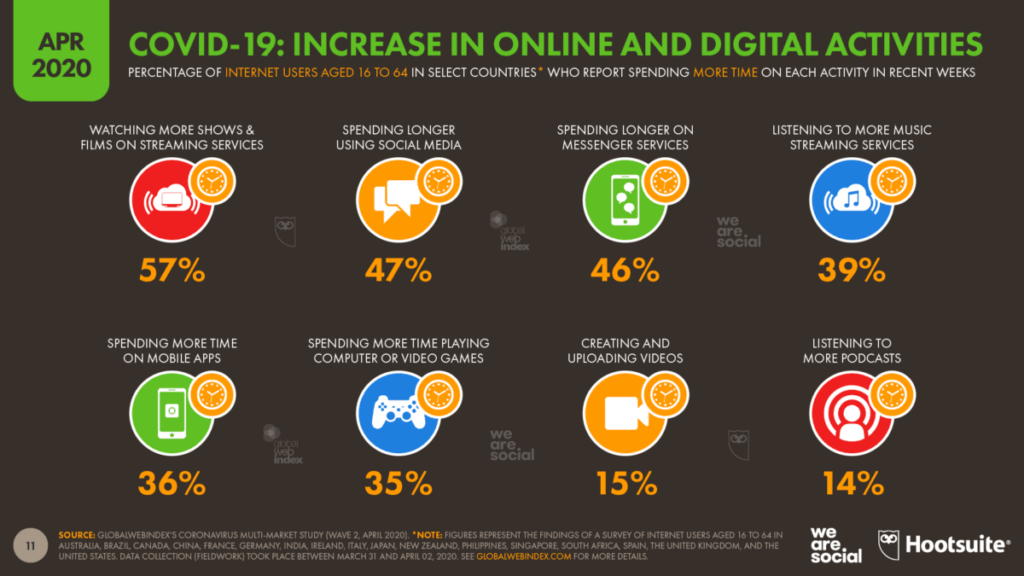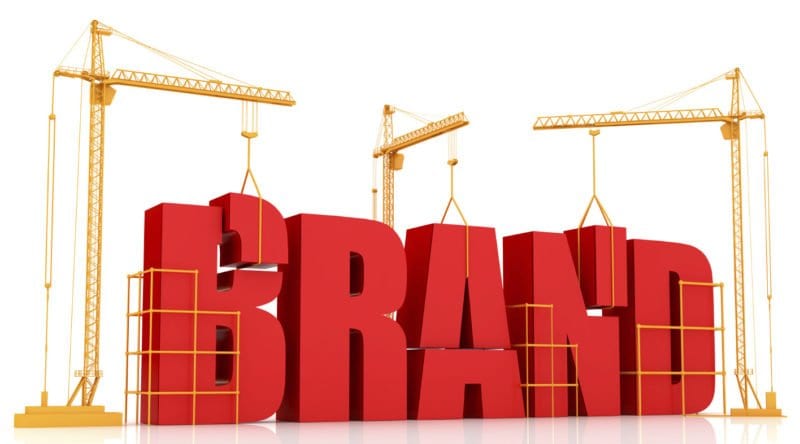- - Google Analytics - Google Analytics - Google Analytics


STARTING WITH INTERNET GIANTS FACEBOOK (FOUNDED IN 2004) AND MYSPACE (2003), SOCIAL MEDIA ROSE TO UNPRECEDENTED HEIGHTS OF POPULARITY- AND IF 2019 REPORTS FROM FAMEMASS (ESTIMATING USAGE AT 2.3 HOURS PER DAY BY 45% OF THE WORLD’S POPULATION) ARE ANYTHING TO GO BY, SOCIAL MEDIA IS HERE TO STAY.
As a natural consequence, the way brands market themselves has to rely on social media- especially given that, in the wake of COVID-19, lockdown has increased the amount of time we have to scroll through our phones.
Just like with magazines and television, cultural advancements (particularly those that enter the household) provide advertisers with ample opportunity to further their brand.

In today’s advertising climate, brand marketing seeks to promote brand services or products by creating awareness and familiarity with the brand itself.
Now more than ever, consumers want to feel as if they know and trust brands before they make a purchase. Social media is perhaps best used by businesses as a tool to bridge the gap between the brand and consumer.
If brand marketing in the 21st century must rely so heavily on social media, then where does that leave performance marketing?
Performance marketing, the more goal-orientated cousin of brand marketing, has become the favoured of the two methods in recent years.
This is perhaps because it appears, at first glance, to have the higher return of investment for businesses, however, this is not completely true. Performance marketing in online spaces is much more visual, making brand marketing an integral part of performance marketing in the modern age.
If the call to action (for example, in paid ads on social media) loses the ‘brand voice’ previously established through brand marketing, then the ad campaign will fail as would-be consumers will no longer recognise or trust the brand.
In this way, the positive results of the usage of performance marketing in brand building don’t take away from standard brand marketing (showcasing the brand’s personality, values and identity) but, instead, both methods are proven to, when used in conjunction with each other, increase brand awareness and hit sales targets.

If brand marketing is important for driving brand familiarity/loyalty, then performance marketing can only profit performance marketers (i.e. sales).
When performance marketing teams imply brand marketing in their ad campaigns, the consumer will be much more inclined to act. Similarly, without performance marketing, brand marketing does not achieve the same amount of conversions from follower to paying customer.
While social media takes up more of our everyday lives, so too will we see both marketing techniques merge closer together. The future of brand building relies heavily on both brand and performance marketing. Brand building is essential but it is only the first step on the journey to success.
Give us your email and we'll do the same thing every other performance marketing agency does... never email you.